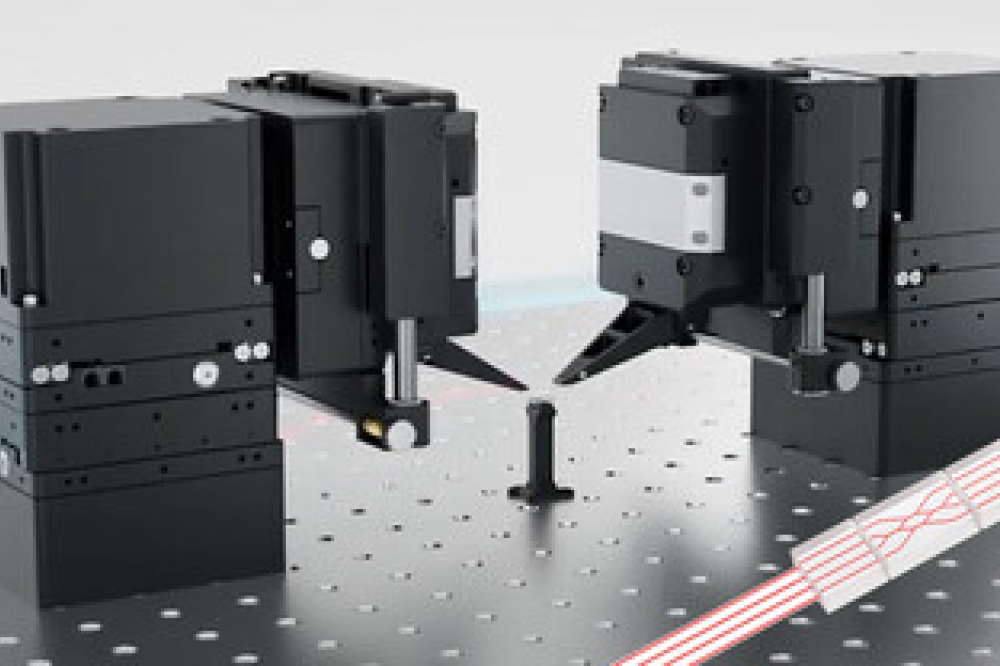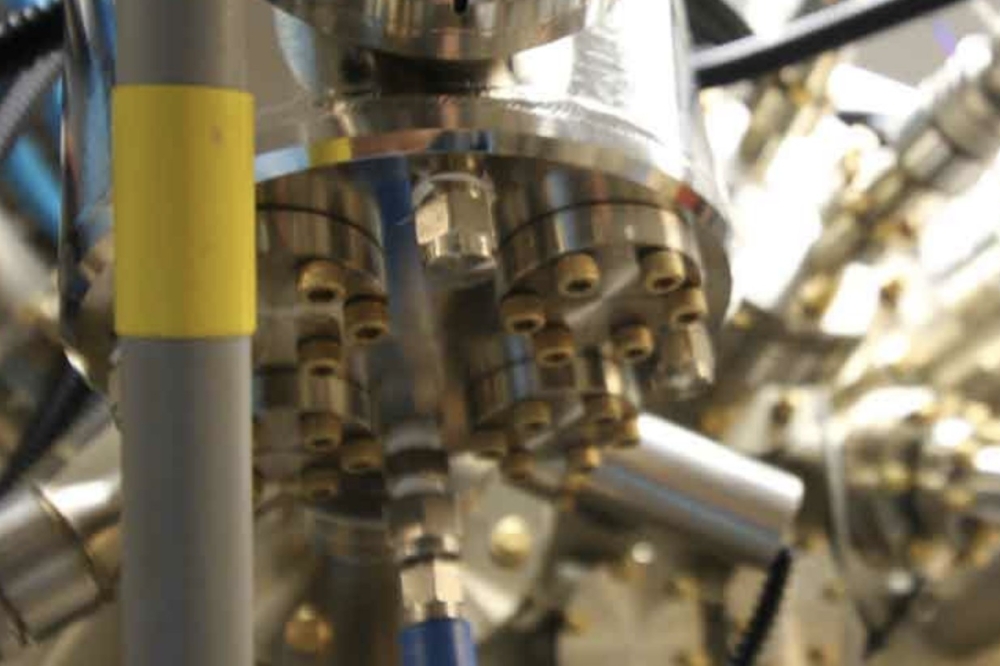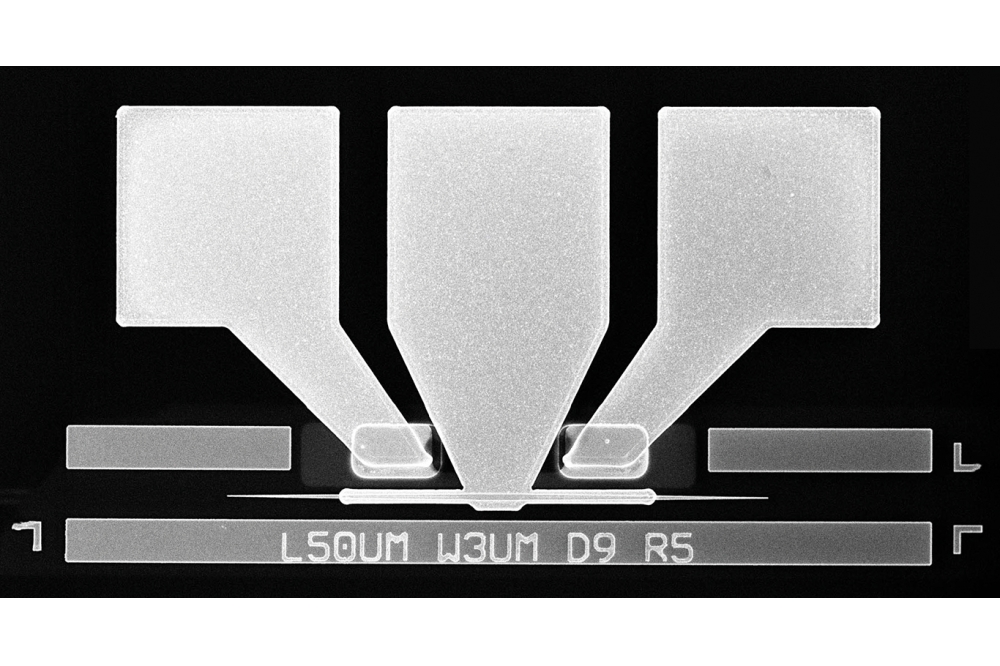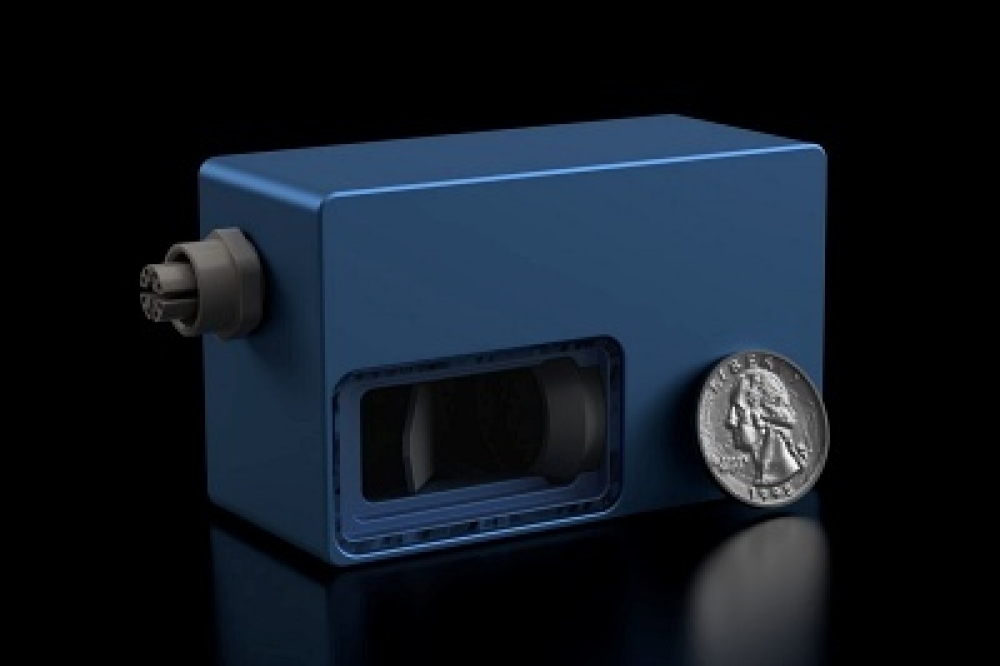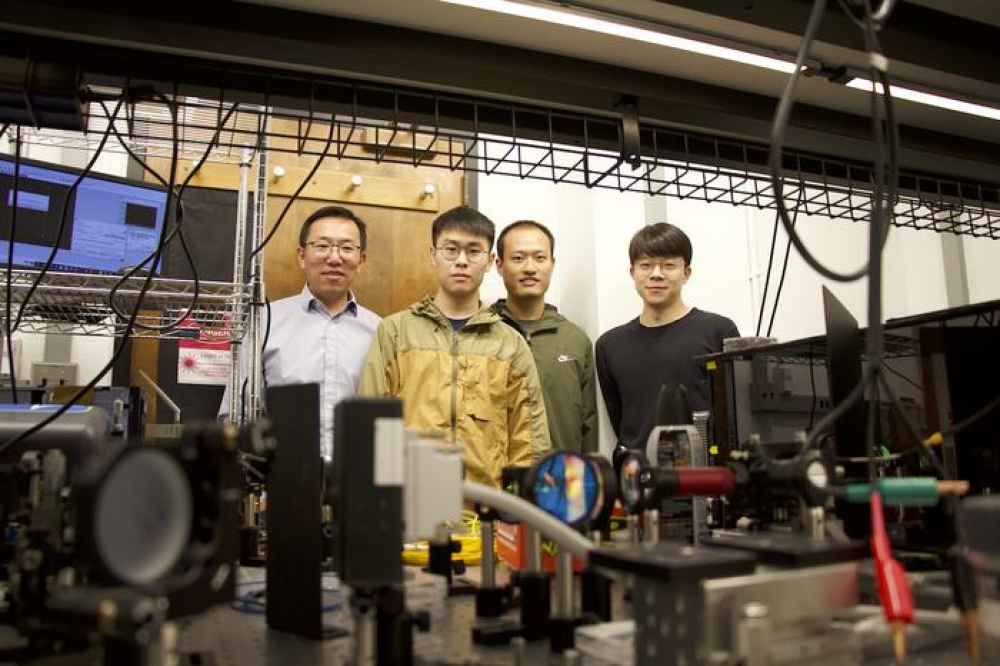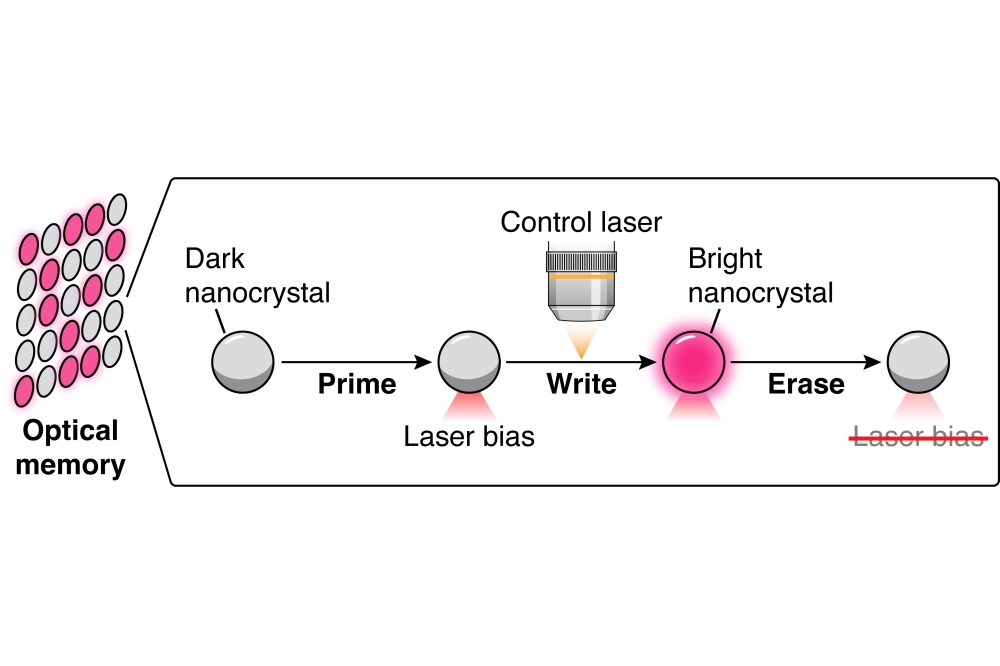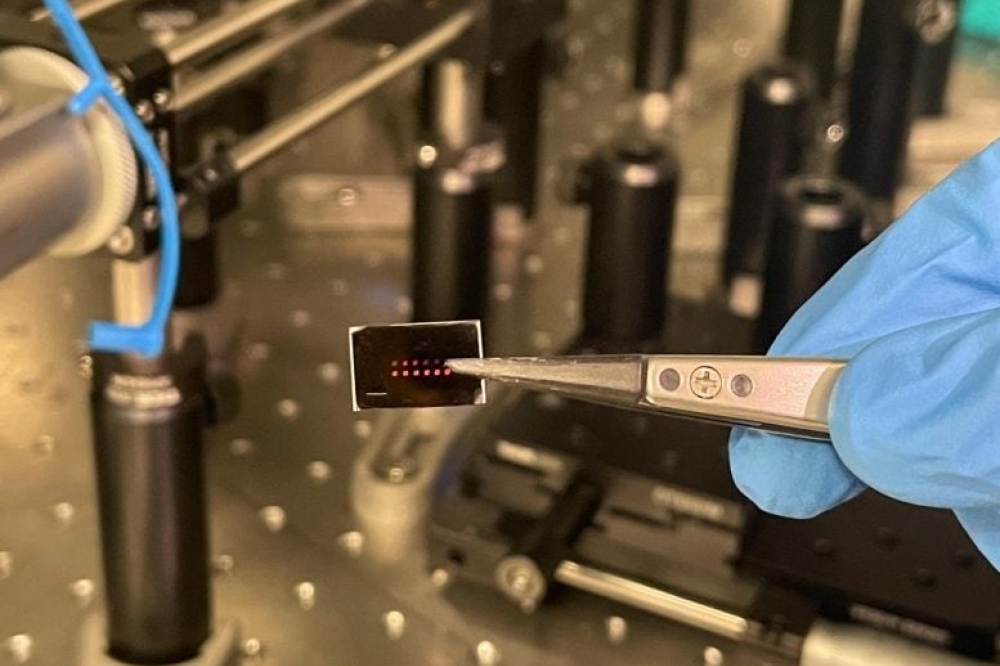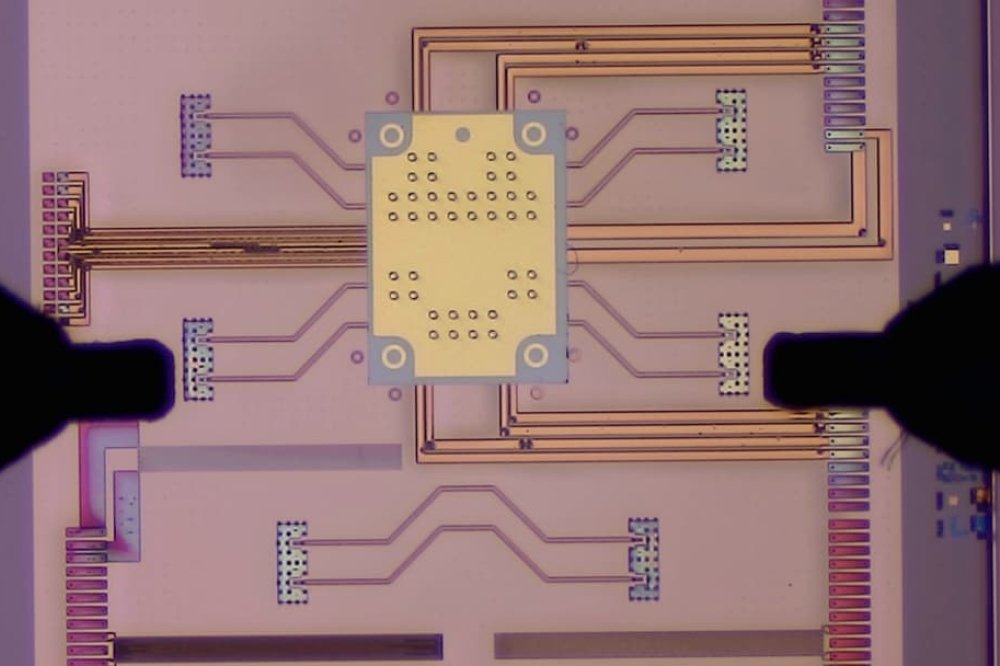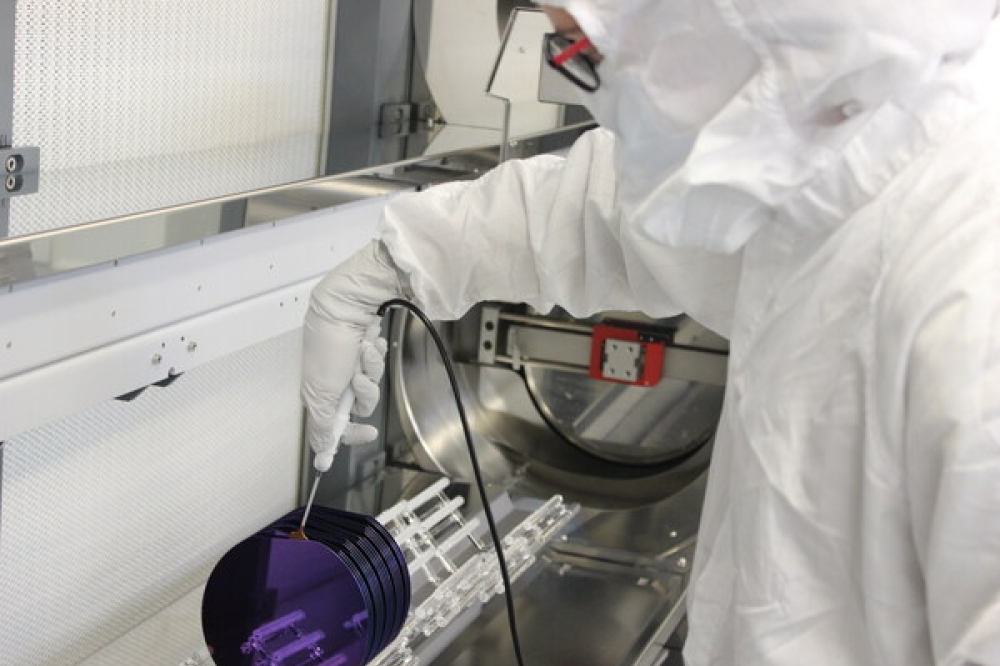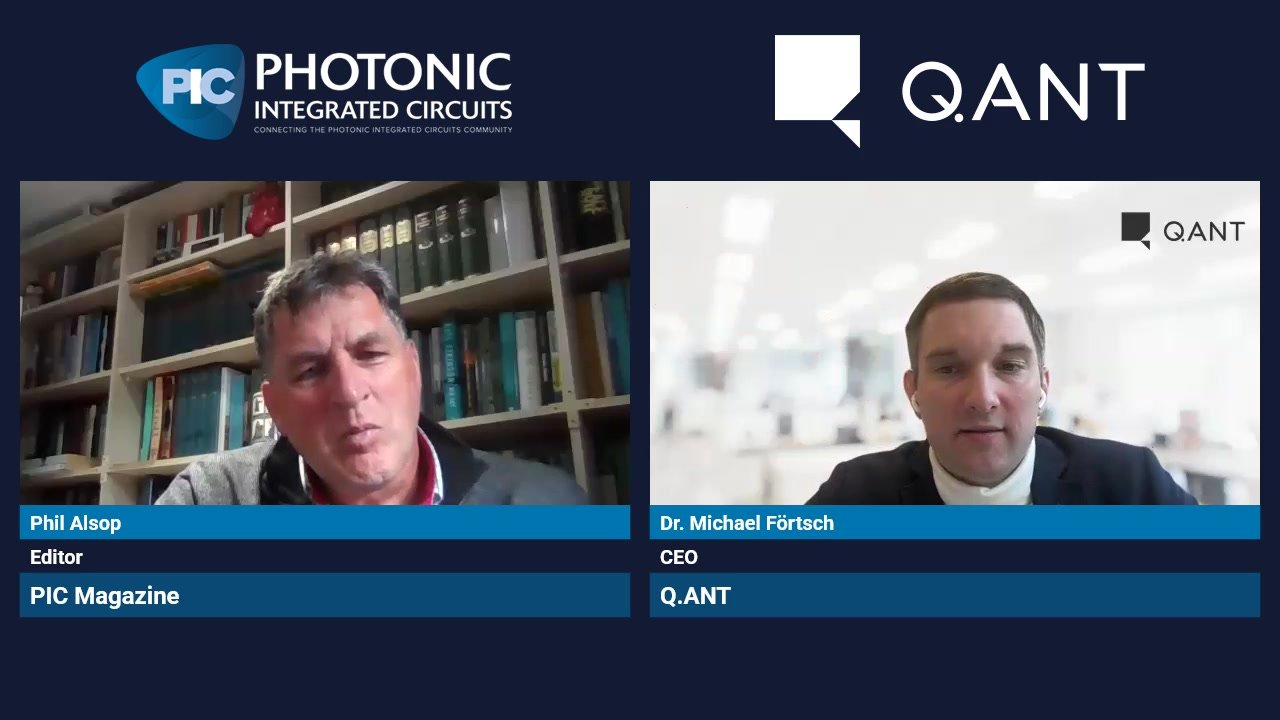UK Government announces new funding for chips and quantum

Recipients of the investment include a silicon photonics technology hub and photonic quantum computing companies
The UK Government has recently made two announcements revealing new investment in the country’s technology sector. This funding includes £45 million to accelerate quantum technology and almost £27 million for the semiconductor industry.
To coincide with the Department for Science, Innovation and Technology’s (DSIT) one-year anniversary, the government said that two new research hubs – or Innovation and Knowledge Centres (IKCs) – have received £11 million each. These centres have been named as the Cornerstone IKC in Southampton, and REWIRE in Bristol.
The former will build on the University of Southampton’s specialism in silicon photonics. Graham Reed, a professor at the university, will lead the Cornerstone facility. “The Cornerstone IKC will unite leading UK entrepreneurs and researchers, together with a network of support to improve the commercialisation of semiconductors and deliver a step-change in the silicon photonics industry,” said Reed.
Visiting the Southampton centre, minister for tech and the digital economy Saqib Bhatti said: “This investment marks a crucial step in advancing our ambitions for the semiconductor industry, with these centres helping bring new technologies to market in areas like net zero and AI, rooting them right here in the UK."
According to the government, each £11 million site will help convert scientific findings into business realities, by supporting promising research and projects, offering researchers access to state-of-the-art prototyping technology essential for testing their complex designs, and nurturing early-stage companies. This includes empowering spin-outs with training, workshops, and vital industry contacts, ensuring they are fully equipped for when their products are market-ready.
The REWIRE facility at the University of Bristol aims to support chip companies across the South West and Wales, helping to accelerate the UK’s net zero ambition by advancing high-voltage electronic devices with cutting-edge compound semiconductors.
Further funding of £4.8 million in 11 semiconductor skills projects nationwide seeks to elevate talent across all educational tiers, from school through to university and beyond. As well as raising awareness of the semiconductor industry, this programme seeks to address key gaps in the UK’s workforce talent and training framework.
This investment is intended to help deliver on the ambitions of the government’s £1 billion National Semiconductor Strategy, a 20-year plan to drive growth in the sector.
Quantum investment
The news of funding for the semiconductor industry closely follows an announcement of investment in quantum technology. The recipients of this financial support include multiple companies investigating quantum computing with photonic technologies.
The UK Research and Innovation (UKRI) Technology Missions Fund and the UK’s National Quantum Computing Centre (NQCC) have invested £30 million through a competition to develop and deliver quantum computing hardware prototypes. This competition involves projects creating quantum computing “testbeds”, based on various technologies, intended to speed up the development of scalable quantum computers and provide a practical way to test and validate their performance.
By running quantum algorithms on different hardware, the projects aim to identify which technology is most effective for specific types of problems. The winning companies will gain direct access to the expertise within the NQCC and its user community.
Seven projects will set up testbeds using different platforms. One of the companies set to conduct one of these projects is Aegiq, a spinout of the University of Sheffield, which is developing a compact photonic quantum computer “Artemis” and a dedicated user interface for integration with the NQCC testbed ecosystem. The Artemis hardware is based on Aegiq’s proprietary integrated photonic chip technology, and utilises a low-loss silicon nitride platform from QuiX Quantum.
Other companies winning funding for projects include ORCA Computing, which is developing a photonic quantum computing testbed for machine learning, and Infleqtion (Cold Quanta), which is developing a neutral atom quantum computing testbed. The latter recently announced acquisitions of two silicon photonics companies: SiNoptiq and Morton Photonics.
In addition to the funding for the competition, a further £15 million from the Quantum Catalyst Fund aims to fast-track the integration of quantum solutions in the public sector, strategically positioning the UK Government to leverage the diverse advantages of quantum technologies across different policy areas, from healthcare to energy.



